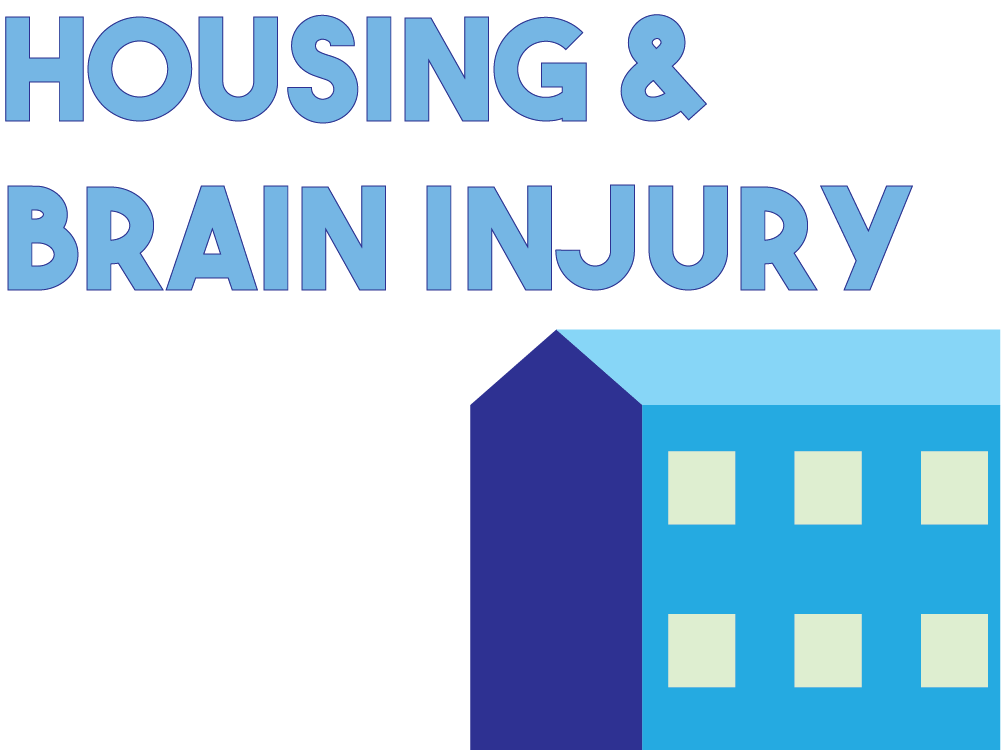Your Cart
The Link Between Brain Injury and Housing

Brain injury is known as an invisible disability, and it can have effects on every aspect of a person’s life, including safe and stable housing. Housing is one of the primary social determinants of health, and having affordable, accessible, and appropriate housing can be life-saving.
53% of individuals who experience homelessness have sustained a traumatic brain injury (TBI), and 70% of those individuals sustained their first TBI prior to the onset of homelessness.
The most common contributors to homelessness include:
- Job loss or lack of financial support
- Lack of family or friend support
- Moving from another city or state
- Substance use
- Physical or other health conditions
More than half of participants in one study reported job loss as a contributor to homelessness.
The most common reason for their job loss were health conditions related to their brain injury, including substance misuse.
There are very little studies that look at the association between TBI & homelessness, but the ones that have been done show a history of TBI is associated with drug and alcohol misuse, an earlier onset of homelessness, and decreased access to healthcare and other supports to meet their needs.
Part of this is due to lack of resources provided at a governmental level, but a primary barrier is due to lack of awareness from healthcare professionals regarding TBI in the homeless community. It’s critical we raise awareness of the rate of brain injury in the homeless population, and increase their access to care and supports they need.
What BIAV is doing to help
Over the last several years, BIAV has seen a 60% increase in the number of calls we receive for housing related assistance, so we are developing resources and conducting outreach and research into the issue.
BIAV Housing Toolkit
This was designed to:
- Provide basic information about housing for individuals impacted by brain injury
- Help develop a common language to describe barriers to housing and unmet housing needs
The toolkit provides information about Federal and State Programs, Fair Housing Protections (such as protected classes, disability-specific protections, and accommodations), General Housing Terminology, information about Developmental Disability and Commonwealth Coordinated Care Waivers, and resources for finding housing.
If you want to learn more about the Toolkit, click here.
Research
BIAV is also completing a project focused solely on raising awareness of the rate of brain injuries within the homeless community. We are connecting with homeless services providers to provide outreach packets and resource information related to brain injuries. BIAV and our intern are also developing a virtual informational session for individuals to learn more the intersection of TBI and homelessness and identify ways in which they can better support their clients. If you are interested in this project and would like to learn more, please contact Jordan.
Advocacy
Housing is one of BIAV’s budget priorities in the 2022 General Assembly Session. While our “Phone A Friend 2022” day has passed, you are still welcome to reach out to your legislators about the importance of housing in the brain injury community.
Learn more about that priority and how to contact your legislators here.
